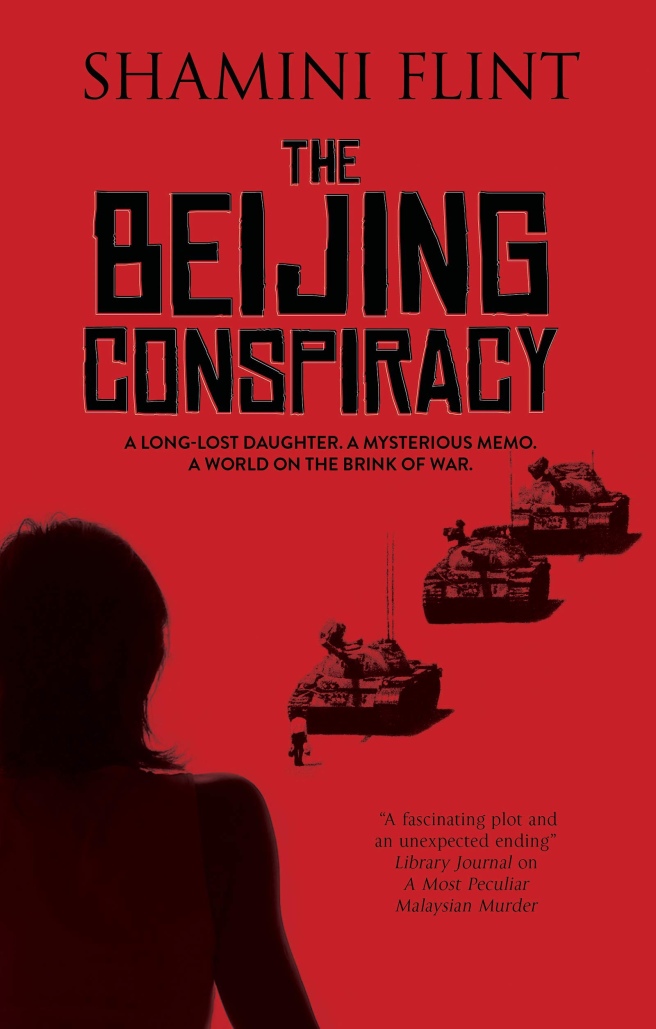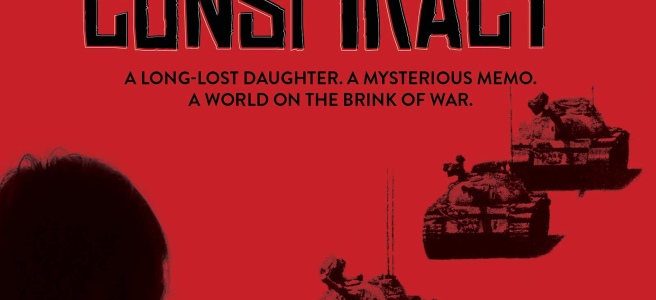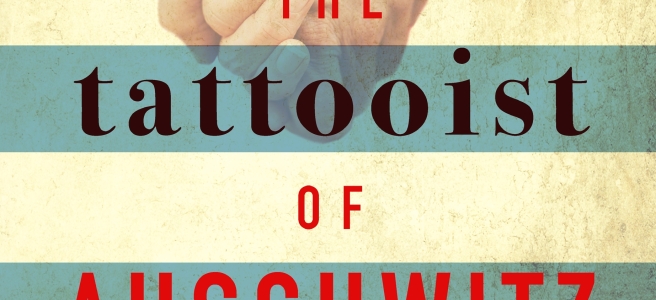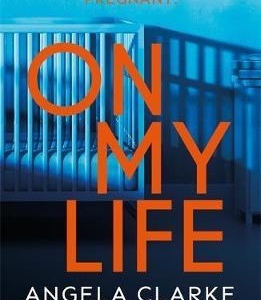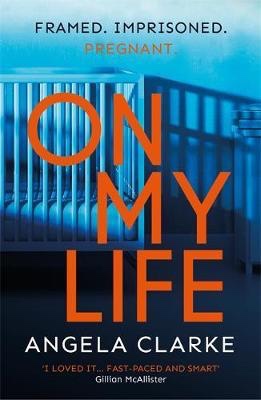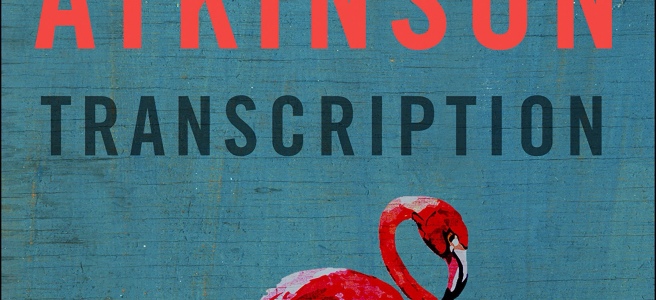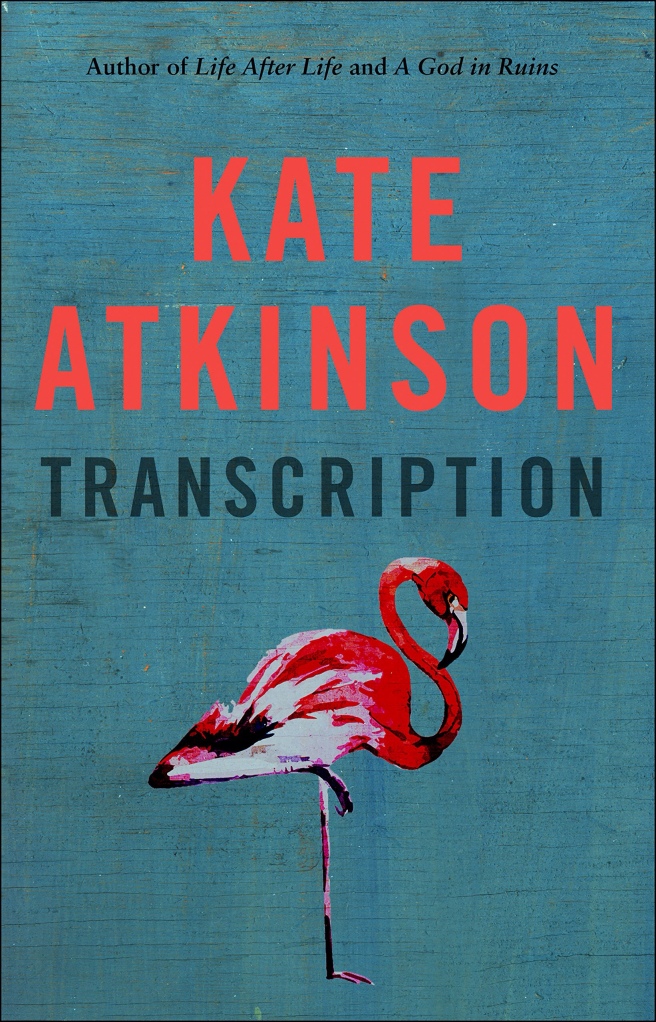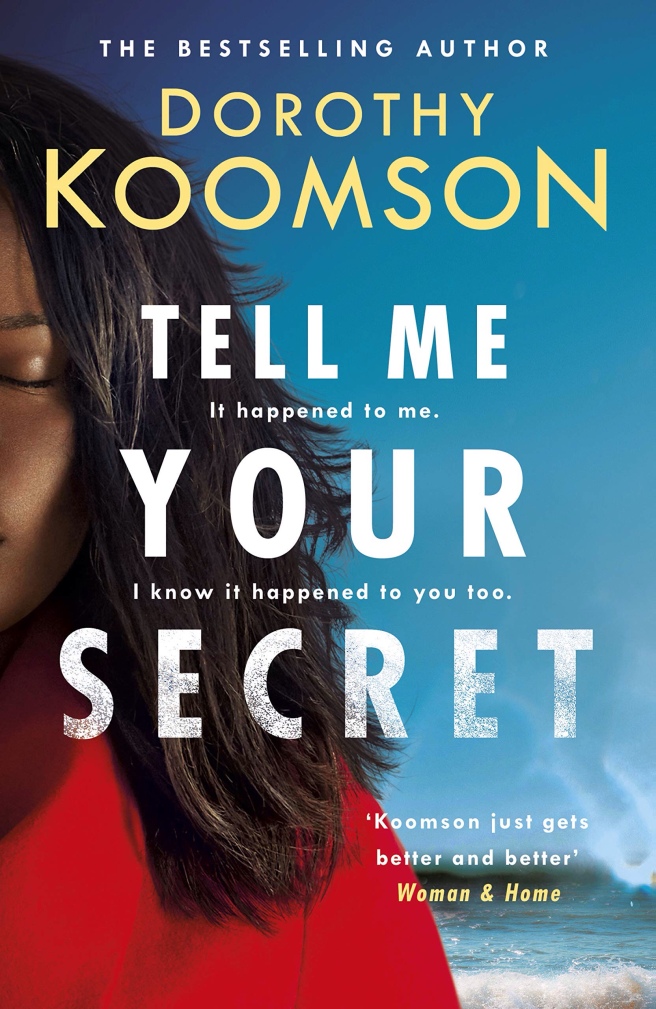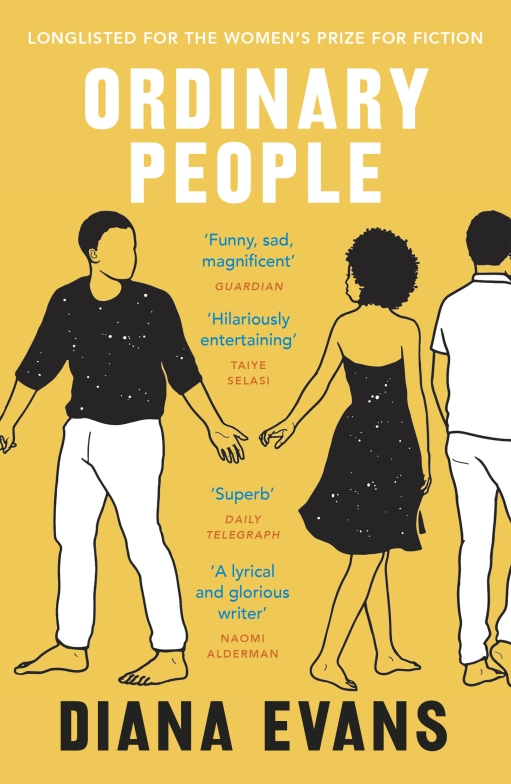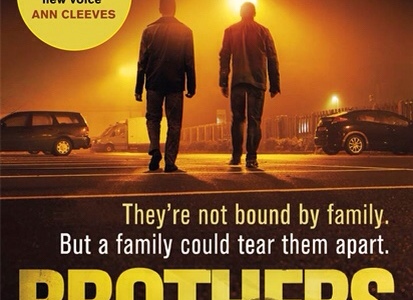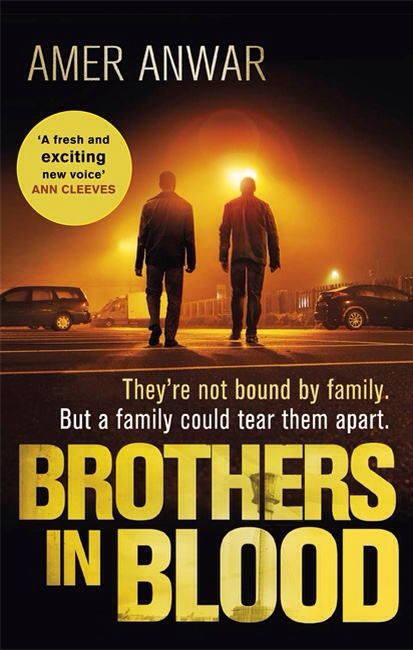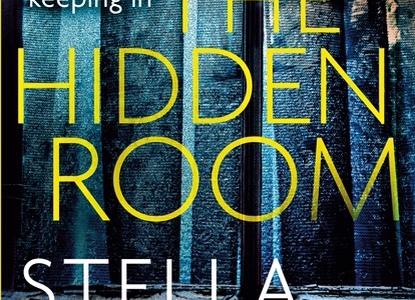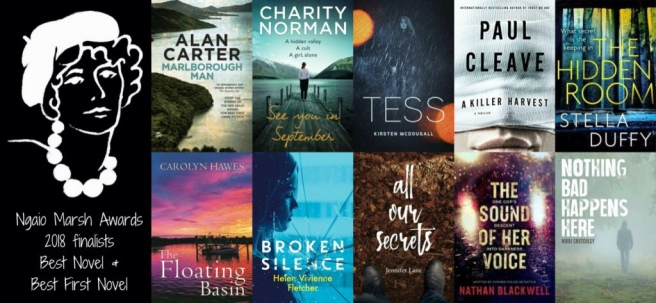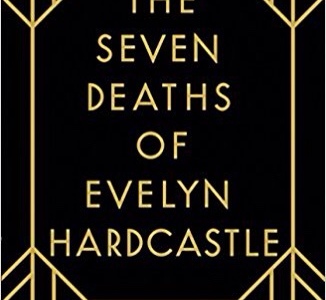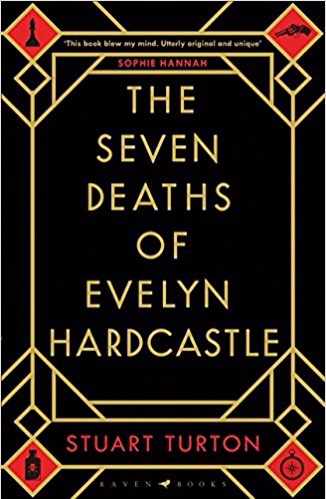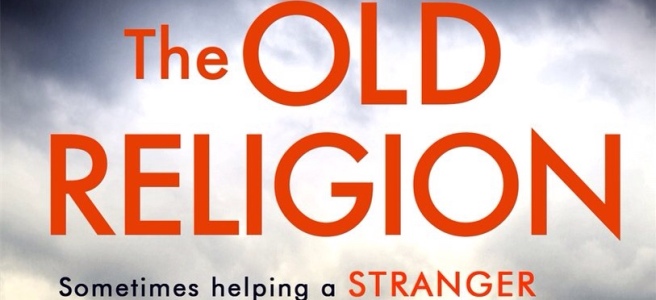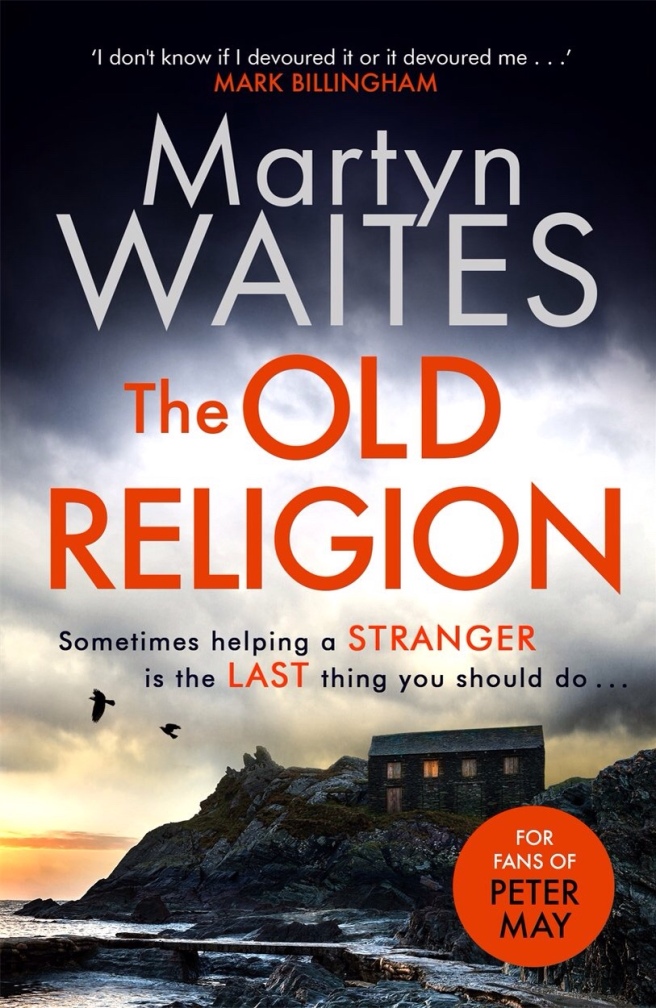To celebrate the absolutely stunning international bestseller The Tattooist of Auschwitz being shortlisted for the Goldsboro Books Glass Bell Award, I’m delighted to be sharing a little bit of the backstory behind the tale, kindly supplied by Heather Morris and her publisher Bonnier Zaffre, on Back to the Books.
The Tattooist of Auschwitz is up against five other amazing titles; VOX by Christina Dalcher, Snap by Belinda Bauer, Our House by Louise Candlish, Swan Song by Kelleigh Greenberg- Jephcott and The Puppet Show by MW Craven. The winner will be announced by Goldboro Books on Monday 16th September.
Launched in 2017, the Goldsboro Books Glass Bell Award is awarded annually to an outstanding work of contemporary fiction, rewarding quality storytelling in any genre. The winner of the Glass Bell will receive £2,000 in prize money, and a handmade, engraved glass bell. The jury of ten consists of team members from Goldsboro Books, DHH Literary Agency and The Dome Press. There is no fee, nor limit to the number of books that a publisher may submit, allowing both established and debut authors a chance to win. The inaugural winner was Chris Cleave, for his extraordinary Everyone Brave is Forgiven (Sceptre), the moving and unflinching novel about the profound effects that the Second World War had on ordinary citizens back at home in Britain. Last year, the award went to John Boyne for his sweeping, poignant and comedic odyssey of post-war Ireland, The Heart’s Invisible Furies (Transworld).
Many many thanks to Heather Morris for sharing the incredibly poignant piece below, which explains the process behind her writing.
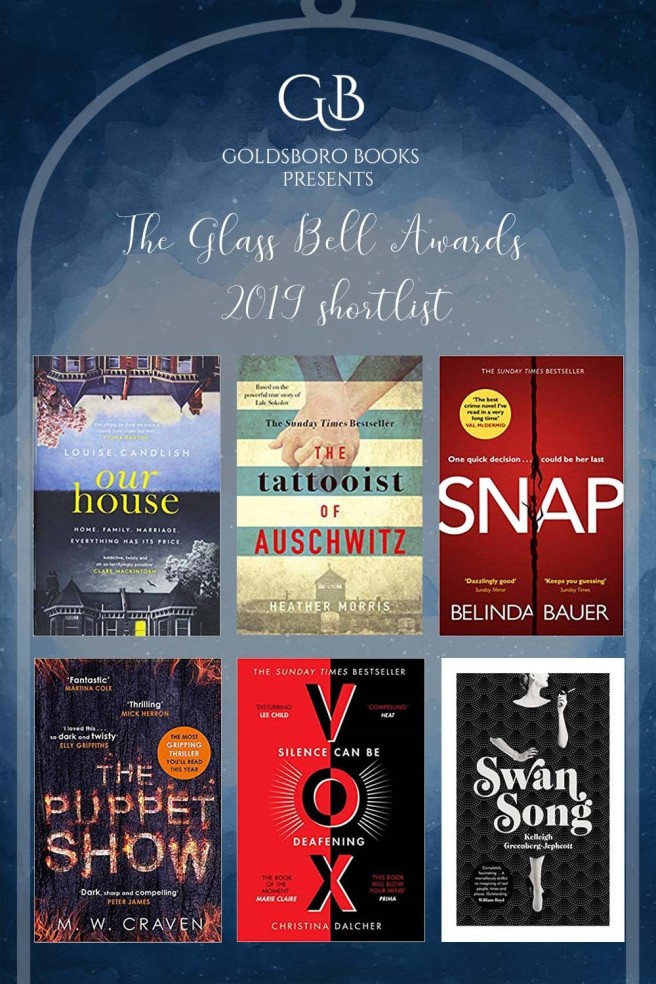
Memory and history. How to tell when these two events waltz in step or strain and part. Faced with a real life story of horror, trauma, survivor guilt, how to first ‘do no harm’ to the story teller became my responsibility. I also had to acknowledge and deal with the transference of these emotions to myself, something that wasn’t immediately obvious to me.
This was the challenge for me in writing my debut novel The Tattooist of Auschwitz – the true, amazing story of Lale Sokolov, a man I met when he was 87 years of age, whose wife, Gita, had recently died, and who had a story worth telling.
At my first meeting with Lale I deliberately chose not to take any recording or even writing material. I thought it was important that I just listen, engage in conversation, let the stories I was told he would tell, come to me in whatever rhythm and order he chose. I knew there would nothing more off putting than my asking his to stop mid sentence because I couldn’t write fast enough, or the tape needed changing.
I did not know, could not know, how much time I would have to hear his story which was being told piecemeal, often at bullet pace with limited coherency and with no flow or connection among the many, many stories he told. The only question he asked me was ‘how quickly can you write?’ When I asked if there was someplace he needed to be, he responded ‘yes, I need to be with my Gita’.
And so I sat at Lale’s kitchen table with him guarded on each side by his two dogs, eyeing me suspiciously, as his hands shook, his voice quivered and eyes moistened as he stepped back 60 years in time.
This was the beginning of my 3 year journey with The Tattooist of Auschwitz.
I created a template to capture each visit. I’d like to share two random notations:
Date: 4th Jan 2004 My story – still not writing / recording just listening. Watching Lale as he spoke seeing the raw emotion of his experiences being relived both horrific and beautiful. Lale’s story – Gas chambers, crematoria indiscriminate shootings and beatings. Angry ++. He was back there watching the atrocities take place. Shaking. Tears and smiles at the mention of Gita.
And
5th Feb 2004 My story – Go to nearby Café for coffee. Hilarious. No talk of past just 2 friends chatting. Met some of his friends, introduced as his girlfriend. The guy’s a flirt. His story – Talked of his friends in Melbourne, idle chatter. More relaxed outside the confines and memories evident everywhere in his home.
These entries were invaluable to me when it came to writing the book, years later. The notes took me back to that kitchen table, and the café two blocks away that we visited often, and once again I was with him, hearing in his words, his story. I chose to write The Tattooist of Auschwitz in a simple style so that the reader can picture themself in my place, hearing Lale’s voice only.
It became obvious that if I was to really get to know this man and expect him to trust me and have faith in my telling his story, we had to spent time doing ‘normal’ things. If the circumstances were different and I was being asked to ghost write someone’s past or write their memoir, it would be reasonable to expect one-on-one meetings with the telling of the story the sole focus of our relationship.
In determining the role I was playing in telling Lale’s story we needed to get to know each other; he needed to know about me and my family and life. Then and only then, could I expect him to recall his incredibly painful memories, and trust that I would respect his pain and suffering and present a story of the truth of this time as he had witnessed and now remembered.
So, what to leave in and what to leave out became my next challenge. Lale had told me many terrible, horrific things he had witnessed, especially as they related to Mengele. Many of them I asked him ‘do you want that in your story?’ He invariably said no. It would serve no purpose for me to retell the details of the Angel of Death. We agreed on what incidents he witnessed to include as examples.
There existed in the camp both a hierarchy of SS and also one of prisoners. Ranks, names, to be specific about who said what and when would have added a level of complication to my story to its detriment. Commandant, Fuhrer, Oberfuhrer, Oberscharfuhrer, to name a few. Lale knew them all, I chose to focus on 2, the Camp Commandant and Camp Oberscharfuhrer and assign all contact to one of them.
Similarly the camp roles of prisoners. Kapo, Sonderkommondo, blockälteste, Lagerälteste. I settled on the one title – Kapo.
Extensive research in Poland and Germany was undertaken to confirm where history and memory waltzed in step. What and how I wrote became clear to me when I came to the realisation it was not my job to tell THE STORY OF THE HOLOCAUST, I had been given the privilege of telling A HOLOCAUST STORY – the story of The Tattooist of Auschwitz.
I had to focus on the fact that he was just a man, trying to survive. Time and place became my mantra. Who am I to judge? What right do I have to judge? These were very simple questions for me to answer. I had no right, and in my opinion neither does anyone else who ‘wasn’t there’.
For six months I had no structure: no beginning, no end. What I had were vignettes of Lale’s time in Auschwitz-Birkenau. The one thing that was immediately clear to me was the love story that began in July 1942, when Lale held the hand of 18-year-old Gita, looked into her eyes, her soul, and fell deeply in love with this young girl – her head shaven, dressed in rags, and trembling with fear as he tattooed the number 34902 onto her left arm.
For writers who, like myself, who search for and are lucky to find the amazing true stories that exist but are as yet untold, let me tell you a little of the effect hearing such stories, and being entrusted to tell such stories, might have on you. Yes, this is a warning. A warning of the need to take care of not only the person telling the story, but just as importantly, yourself.
Early on in my meeting with Lale I spoke to a friend, a social worker, concerned that I was doing harm in allowing Lale to talk at length to me of what was clearly an incredibly painful time. She told me to take it slowly, never push for clarification or further explanation, even though I knew there was so much more to tell. She assured me he would not tell me anything he was not comfortable telling. And this was so true.
It was going to take time to earn his trust; such was the deeply personal nature of his story. Every second or third visit we would go out for coffee, or to a movie, or meet up with some of his old friends where I would scold him when he introduced me as his ‘girlfriend’. I cannot stress how important this approach was in getting to know Lale well enough for him to reveal to me secrets and details of his life in the camp, not told to anyone before, whispered between he and Gita in the sanctity of their bedroom, even kept hidden from their son who would learn about some of them only on reading my manuscript.
It happened gradually. I was not aware of it initially, but my family were. Like a lizard shedding its skin, Lale shed the horrors and guilt of what he had witnessed, been a part of. Unlike a lizard the discarded skin did not lie on the ground as he moved on, it moved on to me, like a cloak over my shoulders, weighing me down. I would return home to my family morose, sullen, and not wanting to talk to my husband and adult children. I told myself I needed to protect them from the terrible things that had happened to Lale. The problem was who was protecting me?
Once again I spoke to my social worker friend. Transference, she said. When someone who has experienced severe trauma at last finds someone with whom they can share their experience they can feel liberated, free from owning their pain alone – they now have someone to share it with. This transferring of emotional pain is more commonly felt by professionals in the mental health field, and it was important that I recognise it and develop strategies to deal with it. I had to detach from his pain, leave it behind when I left him after our visits.
I chose to emotionally separate from Lale’s trauma by saying goodbye, driving a street or two away, parking, and sitting quietly by myself in my car listening to music that was uplifting to me.
